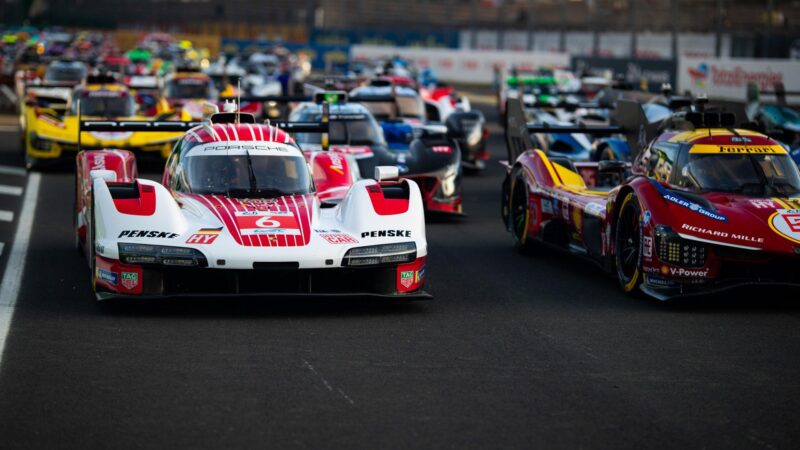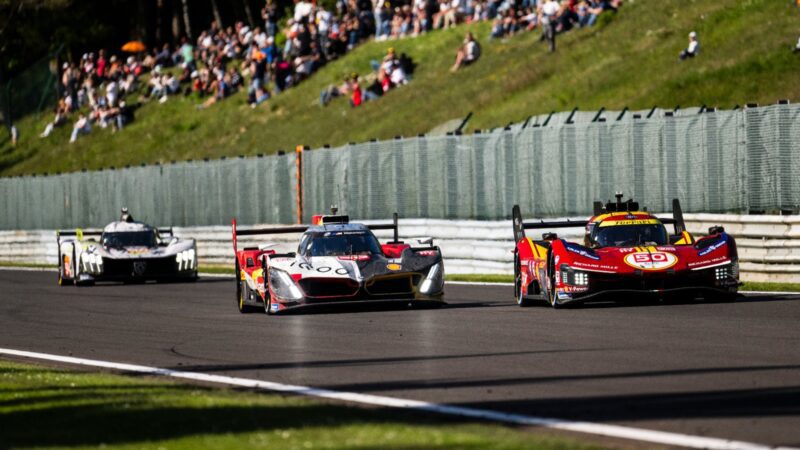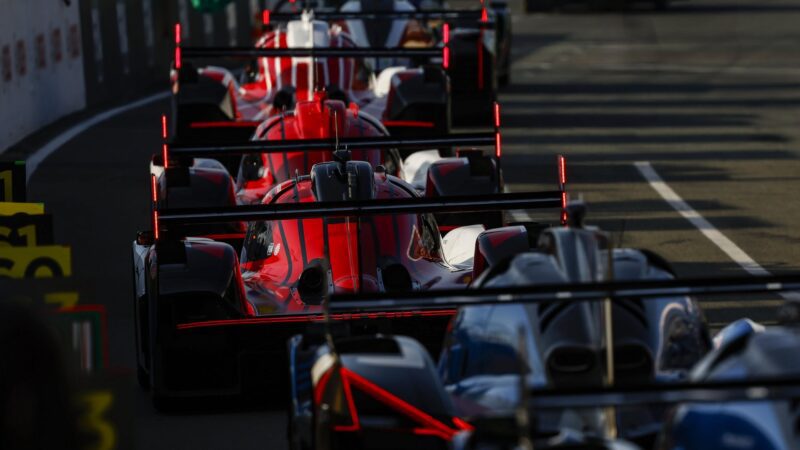The golden age of endurance racing isn’t simply again, it’s right here to remain. The FIA World Endurance Championship (WEC) has confirmed that its wildly profitable top-tier Hypercar class will stay the game’s pinnacle platform by at the very least the tip of the 2032 season. For collectors, luxurious automakers, and the motorsport-curious elite, this indicators long-term stability round sports activities automotive racing’s most prestigious stage – the 24 Hours of Le Mans – to showcase the head of automotive ardour and efficiency.

Launched in 2021 as a substitute for the outgoing LMP1 class, the Hypercar rules – permitting for each Le Mans Hypercar (LMH) and Le Mans Daytona h (LMDh) specs – have rewritten the principles of engagement in international sports activities automotive racing. What started with simply three producers has exploded right into a full-blown renaissance, with eight completely different OEMs at present on the grid: Alpine, Aston Martin, BMW, Cadillac, Ferrari, Peugeot, Porsche, and Toyota. Meantime, Acura and Lamborghini race in America’s IMSA WeatherTech SportsCar Championship that makes use of the identical guidelines set, a worldwide strategic alliance that has additionally been prolonged by 2032.
And the momentum isn’t slowing down. Hyundai’s luxurious model Genesis will be a part of the WEC’s Hypercar ranks in 2026, adopted by two blue-chip names with immense motorsport pedigree – Ford and McLaren – in 2027.
What makes the Hypercar components so attractive to ultra-luxury and efficiency manufacturers isn’t simply the status of Le Mans, it’s the steadiness of freedom and management. The rules are intentionally open in aesthetic and aerodynamic design, encouraging manufacturers to inject id, drama, and heritage into their race vehicles. But these freedoms are underpinned by strict value controls and homologation guidelines that forestall runaway spending.
The result’s a components that’s not simply aggressive, however compelling. The vehicles are quick, lovely, and unmistakably linked to their road-going cousins – important for manufacturers the place picture and exclusivity matter as a lot as lap instances. Stability of Efficiency regulates the competitors, permitting for numerous specs of powertrains and hybrid techniques to compete on a taking part in discipline that’s levelled by scientific formulation that consistently adjusts because the racecars evolve.
With the homologation cycle now prolonged from 2029 to 2032, the FIA and the ACO (Car Membership de l’Ouest) have delivered one thing uncommon in motorsport: certainty. This permits present individuals to proceed refining their platforms whereas giving new entrants sufficient runway to develop aggressive, brand-aligned applications from the bottom up.
For marques like Components 1 World Championship leaders McLaren – whose just-announced Hypercar will characteristic a twin-turbo V6 developed in-house and run in collaboration with United Autosports – this timeline ought to guarantee a aggressive debut in 2027 and a multi-year window to show their mettle at Le Mans and past.


In at the moment’s luxurious panorama, motorsport is now not nearly trophies. It’s a advertising platform, a design laboratory, and a story engine. The Hypercar class presents a front-row seat on the intersection of engineering, artwork, and ambition. For consumers and collectors, it additionally presents the last word provenance: race-bred expertise and model authenticity cast on the world’s most demanding tracks.
The WEC’s environmental credentials are rising as properly. With latest certifications together with ISO 20121:2024 and FIA 3* Environmental Accreditation, the championship aligns with broader sustainability developments within the luxurious and automotive sectors – additional reinforcing its attraction to trendy consumers and buyers.
Because the calendar continues to attract crowds at iconic venues like Spa, Imola, Interlagos, and Fuji, and naturally, the 24 Hours of Le Mans (set for June 13-14 in 2026), the FIA WEC’s future appears brighter than ever. With a grid stacked with probably the most fascinating badges on Earth and a ruleset that blends fashion, substance, and sustainability, endurance racing is as soon as once more the proving floor for the world’s most elite automotive manufacturers.
And now, because of this regulatory extension, the Hypercar period is now not a basis – it’s all set to turn into a shimmering skyscraper.
Supply: WEC


